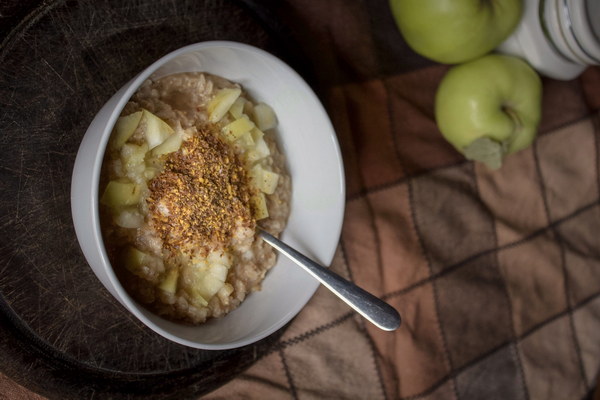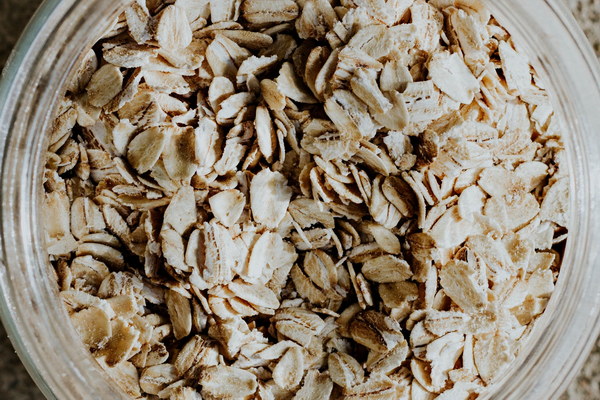Top 4 Medicinal Herbs for Optimal Lung Health A Comprehensive Guide
In the pursuit of maintaining optimal lung health, individuals often seek out natural remedies to support their respiratory system. The lungs are vital organs responsible for oxygenating the blood and expelling carbon dioxide. Therefore, it is essential to keep them in good condition. Here, we explore the top four medicinal herbs known for their lung-supporting properties, providing insights into their benefits and how they can be incorporated into your daily routine.
1. Elecampane (Inula helenium)
Elecampane, also known as horse heal or holy heap, has been used for centuries in traditional medicine to treat respiratory issues. The root of the elecampane plant contains active compounds like inulin, taraxerol, and taraxerol, which possess expectorant and antitussive properties.
Benefits:
- Expectorant: Elecampane helps loosen and expel mucus from the respiratory tract, which can be beneficial for individuals suffering from bronchitis or chronic obstructive pulmonary disease (COPD).
- Antitussive: It can alleviate coughing by soothing the lining of the throat.
- Anti-inflammatory: The herb possesses anti-inflammatory properties that may help reduce lung inflammation.
How to use:
- Brew elecampane root as a tea, adding honey for added sweetness and relief.
- Take elecampane supplements, following the recommended dosage on the product label.
2. Elderberry (Sambucus nigra)
Elderberry is a well-known herb with a rich history of traditional use. The berries, flowers, and bark of the elderberry plant have been used to treat various respiratory conditions.
Benefits:
- Antiviral: Elderberry contains compounds that can inhibit the replication of viruses, including those that cause the common cold and influenza.
- Anti-inflammatory: It helps reduce inflammation in the respiratory tract, which can alleviate symptoms such as cough and congestion.
- Expectorant: Elderberry can help to thin mucus, making it easier to expel from the lungs.
How to use:
- Consume elderberry syrup or extract as a daily supplement, especially during cold and flu season.
- Brew elderberry flowers as a tea or add the berries to smoothies and desserts.
3. Licorice Root (Glycyrrhiza uralensis)
Licorice root has been used in traditional Chinese medicine for centuries to treat respiratory problems and improve lung function.
Benefits:
- Anti-inflammatory: Licorice root contains glycyrrhizin, a compound that has been shown to reduce inflammation in the respiratory tract.
- Expectorant: It can help to break down and expel mucus from the lungs, making it an effective treatment for coughs and colds.
- Hormonal Support: Licorice root may help to balance hormones, which can be beneficial for individuals with conditions such as asthma.
How to use:
- Take licorice root supplements in capsule or powder form, following the recommended dosage on the product label.
- Brew licorice root tea, but be cautious if you have high blood pressure or kidney issues.
4. Thyme (Thymus vulgaris)
Thyme is a versatile herb used in both culinary and medicinal applications. It contains compounds that can help support lung health.
Benefits:
- Antibacterial: Thyme possesses antibacterial properties that can help fight respiratory infections.

- Antioxidant: The herb contains antioxidants that can protect the lungs from oxidative stress.
- Expectorant: Thyme can help to thin mucus and improve respiratory function.
How to use:
- Add fresh or dried thyme to soups, stews, and sauces for a flavor boost.
- Brew thyme tea to enjoy its medicinal properties, or use thyme essential oil in a diffuser for respiratory support.
In conclusion, incorporating these four medicinal herbs into your daily routine can provide significant benefits for lung health. However, it is essential to consult with a healthcare professional before starting any new supplement or treatment, especially if you have existing health conditions or are taking other medications. Remember, maintaining a healthy lifestyle, including a balanced diet, regular exercise, and adequate hydration, is crucial for overall lung function and well-being.









